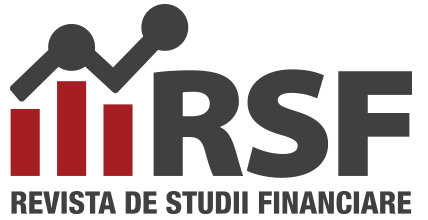Authors: Ruben Pop, Monica Violeta Achim
Vol. 10 • No. 18 • May 2025
Abstract
Sustainable development refers to that development that satisfies current needs, without jeopardizing the ability of future generations to meet their needs. In this study, we set out to track the types of non-financial reporting fraud and their impact on users. The need for non-financial reporting arose precisely from the desire of stakeholders to trust in the smooth running of the company. The need for non-financial reporting arose precisely from the desire of stakeholders to trust in the smooth running of the company. The paper aims to achieve two main objectives: to follow the evolution of publications on ESG, for this, we will use the Web of Science and determine the greenwashing practices and factors that may lead to this behaviour. As a methodology, we used the VOSviewer application to perform a bibliometric analysis of the scientific studies taken from the Web of Science, 5,277 papers were taken over for the ESG term and 972 papers for the Greenwashing term, we have analysed studies from the beginning of sustainability publications to the present day. As a result, we identify from the literature three types of fraud: the first type of ecological washing is the manipulation of decline to stimulate the value of the company. The second type of eco-washing is selective closure to mislead investors. The third type of simple eco-washing focuses on greenwashing at the product level. Among the factors that can lead to greenwashing behaviour, we mention: the level of competition, pressure from rating agencies, pressure from banking companies and others. This research is important to consumers, organizations, governments and, last but not least, the environment. Consumers have the right to be properly informed about the impact of the products and services they purchase, and companies must be accountable and transparent in their communication. Governments can use this research to develop effective policies and regulations to protect the environment and consumers.
Keywords: financing constraint, green innovation, corporate social responsibility, governance performance.
JEL Classification: G00, Q01, Q56.
DOI: 10.55654/JFS.2025.10.18.09
